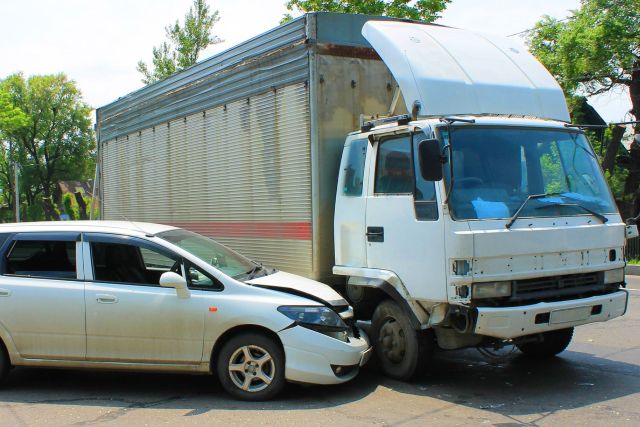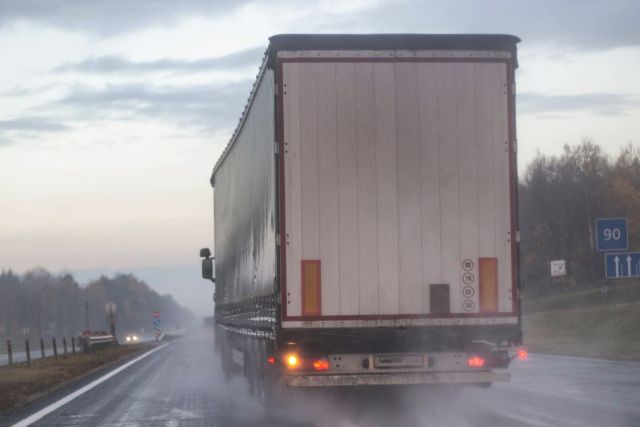








- Cognitive Development: Cognitive development also impacts teen truck driving safety. The teenage brain is still maturing, affecting decision-making abilities in high-pressure situations on the road. This can lead to poor judgments when operating large, complex vehicles like trucks.
- Distraction: Distraction poses another significant threat. Teens are more susceptible to diversions from mobile devices and passengers. These distractions become even more perilous when combined with a large truck’s demanding operation.
- Risk-Taking Behaviors: Risk-taking behaviors common among teenagers further compound the danger. Speeding, tailgating, and reckless maneuvers are especially hazardous in trucks due to their size and limited maneuverability.
- Fatigue: Fatigue is a serious concern for all truck drivers, but teens are particularly vulnerable. Their developing bodies require more sleep, yet they often prioritize social activities over rest.
Lastly, trucks’ sheer size and weight make them challenging to control, even for experienced drivers. For teens lacking familiarity with such vehicles, this difficulty is magnified substantially.





